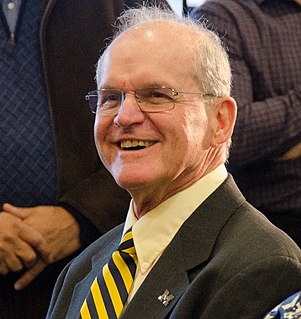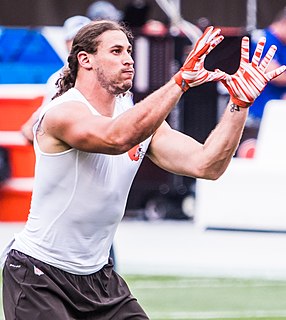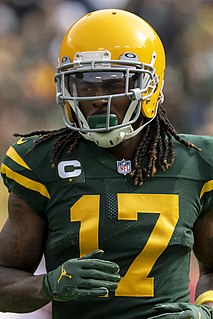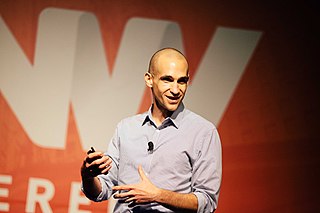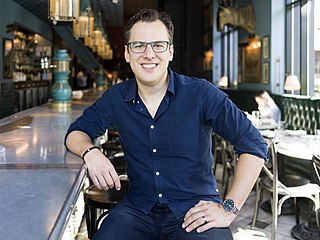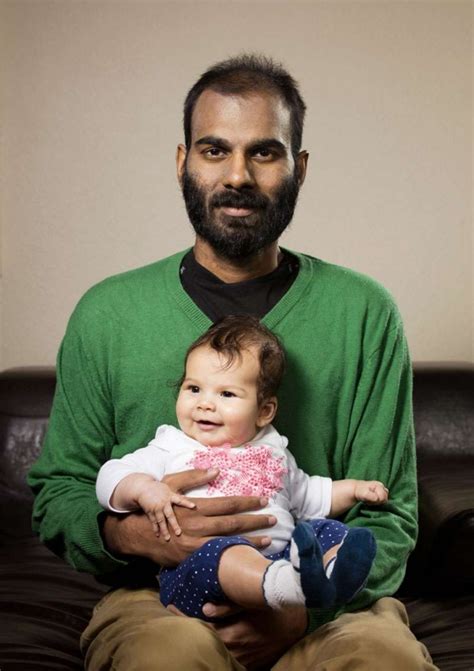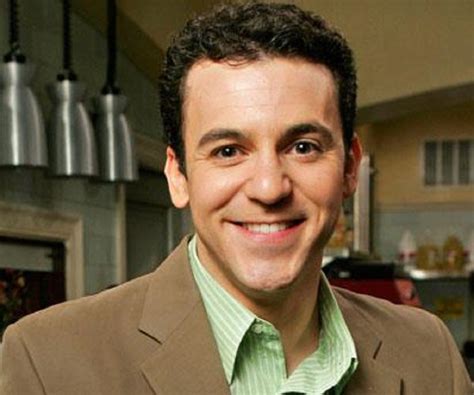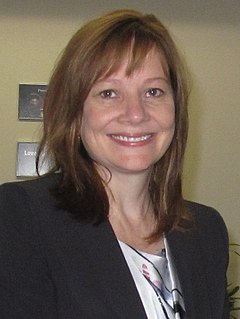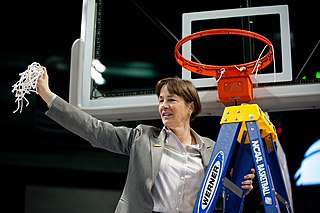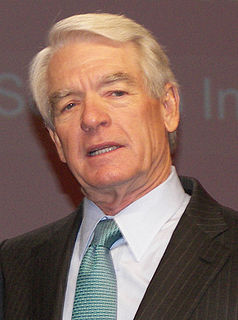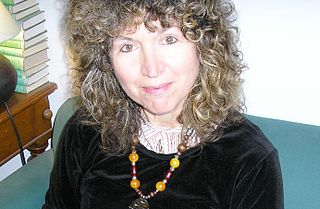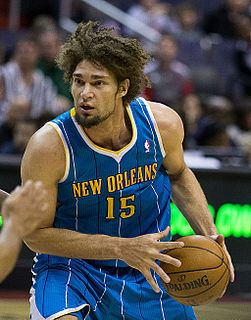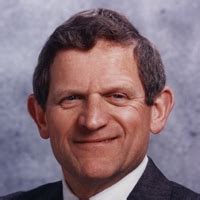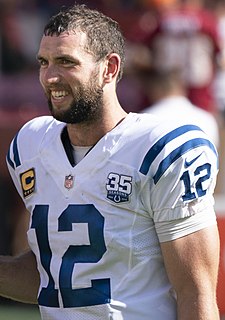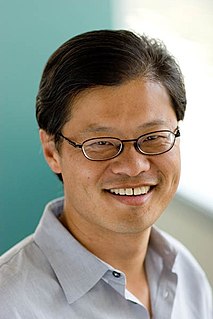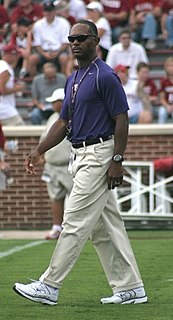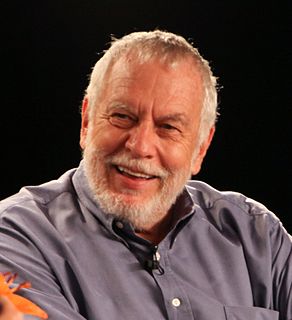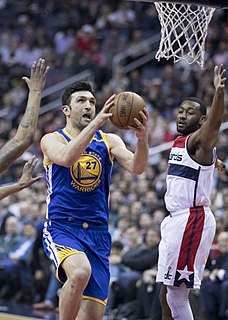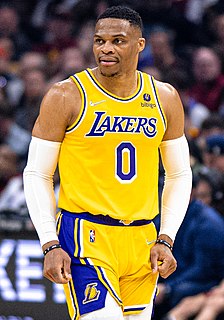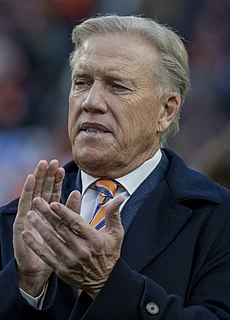Top 218 Stanford Quotes & Sayings - Page 3
Explore popular Stanford quotes.
Last updated on April 19, 2025.
The thing which attracted me to Google and to the Internet in general is that it's a great equalizer. I've always been struck by the fact that Google search worked the same, as long as you had access to a computer with connectivity, if you're a rural kid anywhere or a professor at Stanford or Harvard.
AdNectar was born out of a class project at the Stanford Graduate School of Business in January of 2008. The founders are all avid social network users and we wanted to see if we could discover the optimal way for advertisers to reach consumers in a way that felt authentic and organic, and yet was scalable to a mass audience.
Growing up in the South, it was very patriarchal. When I applied to Stanford, I was told by a [male] college counselor, "You're never gonna get in, don't bother. They don't want you." I said, "I'm going to try." And I got in! But I wouldn't be the woman I am if I hadn't had that conflict to overcome. It has given me an underdog feeling all my life.
I couldn't help but to think back to my classmates at Thomas Jefferson High School in San Antonio. They had the same talent, the same brains, the same dreams as the folks we sat with at Stanford and Harvard. I realized the difference wasn't one of intelligence or drive. The difference was opportunity.
The scientists actually have suggested things that ambitious. There are good studies coming out of Stanford, Mark Jacobson for example and others, showing how it can be done. But it really requires a sense of emergency. It cannot be done unless we really understand that literally our lives are on the line.
I naively chose a college that was almost as expensive as Stanford, and all of my working-class parents savings were being spent on my college tuition. After six months I couldn't see the value in it. I had no idea what I wanted to do with my life and no idea how college was going to help me figure it out.
When I was in college, I was an English major, but I was part of this great group at Stanford called the Company. We didn't know any better, so we did it all; we did King Lear, we did Hamlet, new plays ... And we did it all in a covered wagon that we took around the Bay Area. We all put our makeup on in one cracked mirror. It was the most fun I've ever had.
It was great to go to Stanford. Until that point, I'd spent my whole life in southeast Michigan, working for General Motors. I was in a different part of the country. People didn't know what General Motors was, didn't care, or if they did, they might not have had a favorable impression. I saw people driving nondomestic vehicles.
As a freshman at Stanford University - a young black man - when O.J. Simpson was acquitted of murder, it was a joyful moment. I was happy, absolutely. It wasn't necessarily a matter of whether he was guilty or innocent, per se, it was a matter of finally seeing someone who looked like me have the justice system work in their favor.
At 16, when I was at Henry M. Gunn High School, I had a crush on the English teacher, and my grades improved dramatically. This great school had only 400 students, mostly children of Stanford professors, and it was more usual to have classes under one of the oak trees dotted around the campus than in the classroom.
I was studying at Stanford University with two quarters left to go before receiving an undergraduate degree in electrical engineering. Then, I got the telephone call from my mother. I had no choice. I went home, and I jumped into the company feet first, right from day one. There was no time to grieve my father.
My high school, the Illinois Mathematics and Science Academy, showed me that anything is possible and that you're never too young to think big. At 15, I worked as a computer programmer at the Fermi National Accelerator Laboratory, or Fermilab. After graduating, I attended Stanford for a degree in economics and computer science.
I started my career as a liberal arts major from Berkeley, wrote about enterprise IT for a few years, then followed my passion for the digital narrative into graduate school as well (also at Berkeley, the Oxford of the West or, perhaps, the Harvard - sorry Stanford!). My first project out of grad school was 'Wired' magazine.
It was nice to finish up Stanford. I think I always felt that I would be there for four years and graduate, and definitely didn't want to leave early. A degree was definitely a plus, and I was having a lot of fun in school. But after football, you know, I don't know. I really did enjoy studying architecture; it was a blast.
After doing some research with my agent, we found out Klipsch was an official Colts partner, and they were based in Indianapolis, which only added to my esteem for the company. I also have a passion for design and technology that developed while I was at Stanford and appreciate the quality of Klipsch's speakers and headphones.
Years ago, when I was (at Stanford), you had maybe one or two teams -- at one time I was part of one of those teams -- you didn't have to worry about, ... Now it's not that way in the conference. A lot of the teams that were once at the bottom kind of have their games together and are making their way to the top.
This COVID-19 taught me I'm privileged to get classes from Stanford because they are one of the best in terms of business, but at the same time there's so many other ways to learn. So many webinars, or on the Internet you Google anything you want to... you're literally getting free classes. We should take advantage of it.

